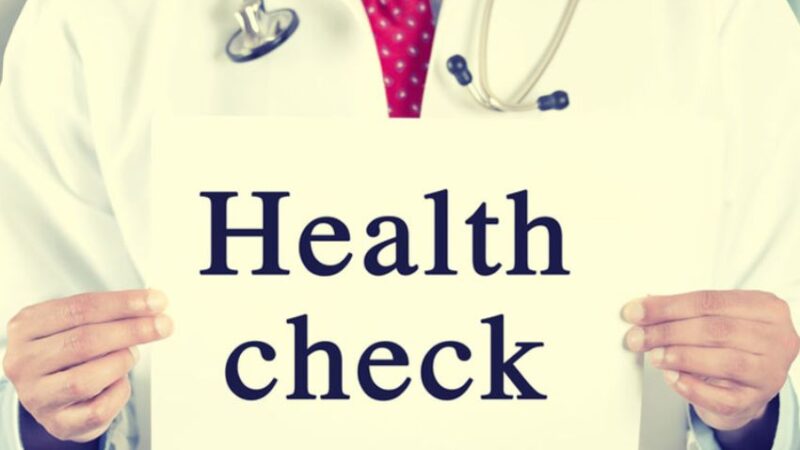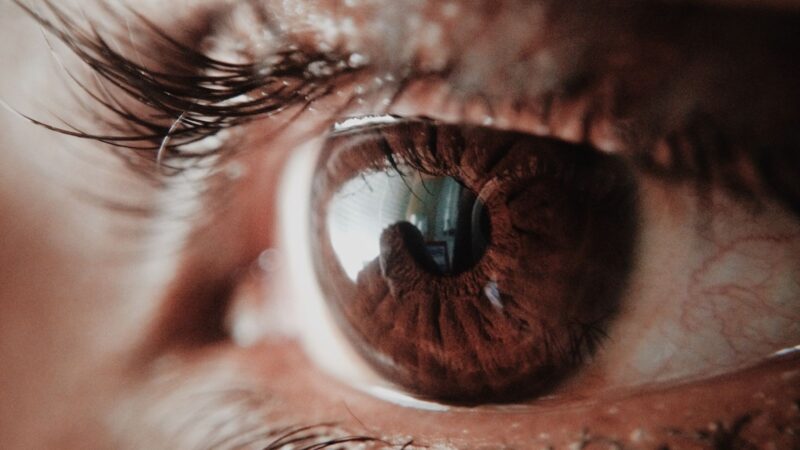How Depression and Infertility are linked?
Depression and infertility are connected on two different streets. According to research, infertility can lead to depression. And there are some signs that depression may have an impact on fertility.

Depression does not affect fertility by itself. However, according to the Study, pregnancy rates drop slightly when a sperm-giving partner suffers from extreme depression. Researchers believe this is because depression can make people less interested in physical intimacy. Moreover, there is some evidence that antidepressant medications may affect your chances of having a successful pregnancy.
The anxiety caused by infertility concerns can lead to depression
Pressure to become pregnant can harm your mental health, whether from family and friends, society overall, or your perceptions and needs.

According to research, infertility has an impact on several people’s privacy. It may cause some people to suspect their value or assume that their bodies fail them. It can leave you feeling as if you’ve been unable. And, because of the stigma surrounding infertility, it can be an intensely isolating experience.
Moreover, the treatments themselves can be stressful. ARTs can be physically taxing, costly, time-consuming, and stressful. According to research, extra pressure can lead to depression.
Prescription drug side effects may cause depression symptoms
If you developed depression after beginning ART or IVF, your illnesses could be linked to the hormones in your treatment.
Researchers did multiple studies of infertile people and discovered that those whose treatment included ovarian stimulation had more depression symptoms than those who did not take medication to stimulate their ovaries.
According to a source study, some prescription drugs commonly used to treat infertility can cause depression symptoms. These are some examples:
- clomiphene
- leuprolide
- gonadotropins
As your treatment progresses, these side effects may worsen. If treatment does not result in pregnancy, depression symptoms are more likely to worsen.
You may have sleep problems
Fertility, sleep, and depression all have complicated relationships.
When women detect failures in their subsequent Pregnancy tests, they counter stress and sleep disturbance. According to the Source, many people experiencing infertility struggle to get a good night’s sleep. Sleep disturbance and lack of sleep can also worsen fertility concerns.
People who have difficulty in sleeping, for example, may have a more difficult time conceiving and are more likely to lose a pregnancy prematurely.
For many people, a lack of sleep arises or affects depression symptoms such as:
- fatigue
- excessive sleepiness during the day
- cramps
- mood swings
- difficulty concentrating
Health conditions associated with infertility are also associated with depression
As per the Source, specific medical conditions can make it more challenging to get pregnant. Instances of an unexpected miscarriage or detection of a failure in infertility tests also cause depression.
According to a study, it’s not always the condition itself that causes fertility issues but rather the medications used to treat it. Some of the conditions linked to lower fertility as well as depression are as follows:
- polycystic ovary syndrome
- celiac disease endometriosis
- thyroid problems
- Lyme disease erythematosus (SLE)
- arthritis rheumatoid
- blood pressure is too high
What are the signs and symptoms of depression?
Depression does not express itself in that way for everyone. Typical signs and symptoms involve:

Weight gain or loss
People who are depressed may experience changes in their diet, resulting in unexpected weight loss or gain.
According to medical experts, extreme weight gain has been linked to various health complications, including heart disease and diabetes. Being underweight can be bad for health, affect cognitive fertility, and cause a lack of energy.
Inflammation
Research According to a reliable source, anxiety, and depression are linked to inflammation and may affect the immune system. Other studies suggest that depression may cause by chronic inflammation.
People who suffer from depression are more likely to have inflammatory or immune deficiency disorders, such as irritable bowel syndrome (IBS), type 2 diabetes, and joint problems.
However, it is uncertain whether depression causes inflammation or whether chronic inflammation makes someone more vulnerable to anxiety. Further research is necessary to understand the connection between the two.
Gastrointestinal issues
People with mental health issues frequently report stomach or digestion issues, such as diarrhea, vomiting, dizziness, or stomach pain. Some people suffering from depression also have chronic illnesses, such as IBS.
As per the Source, This may be because depression affects the brain’s response to stress by suppressing activity in the brainstem, pituitary gland, and adrenal glands.
What is the method for treating depression?
Depression and fertility issues are firmly connected, but that doesn’t mean you can’t do anything about the symptoms you’re experiencing. Here’s a quick rundown of common treatments for depression to think about whether you’re having fertility issues.
Medication
It is challenging to decide whether to take antidepressants all through fertility treatment. Because various antidepressants work in different ways, the consequences differ from one drug to another. Even so, it’s essential to discuss the benefits and risks with your medical professional.
Antidepressant safety research is ongoing. Reliable Source, Selective serotonin reuptake inhibitors are the most common treatment category of antidepressants (SSRIs).
The physician may suggest the uptake of vitamins and supplements required for healthy sleep.
Some studies have recommended that SSRIs may impair your ability to conceive.
It’s essential to measure these risks against the risks to your health if you don’t take antidepressant medications when they’re necessary.
Mindful cognitive-behavioral therapy (CBT)
CBT aims at identifying inaccurate thoughts and rephrasing them, so they do not harm your mental health. According to the study, women in IVF treatment who participated in mindfulness-based CBT had lower rates of depression than others who did not.
In 8 of these 90-minute sessions, participants learned how to:
- Mindfully keep breathing, walk, and feed
- explore their depressive symptoms
- modify risky behavior, opinions, and attitudes
- Use layered breathing to increase calm
- Start making plans for when your depression symptoms worsen.
Depression and infertility treatment in males
It is usual for couples to experience psychological distress during an infertility treatment due to the uncertainty associated with the treatment. No therapy has a 100% chance of conception. The associated IVF failure depression acts as an additive to infertility depression. Studies reveal that IVF depression and stress complement each other.

Psychological ailments may also interfere with infertility treatment, IVF success rates, and the body’s reception to a cure. Male infertility depression is expected when the male partner realizes that he may not be able to father a child naturally.
Consulting at all stages of fertility treatment and preparing the couple for the outcome of such a diagnosis can go a long way toward avoiding IVF depression and IVF failure anxiety.
Conclusion
Drug therapy is another effective treatment option in this case, but many people are concerned that antidepressant medication may uncalculated assisted reproductive procedures. While pharmacological therapy benefits both the female and male partners, it is not suggested to use antidepressants during pregnancy, and there is no evidence that medication affects infertility treatments.

Deepa Mahar is an independent blogger and admin of DeepAdvices who is exploring the beauty of the blog writing from a variety of subjects and books to health, science and others. She believes the blog would be helpful to the reader in the context of knowledge. She is post-graduated with a degree of Biotechnology.





